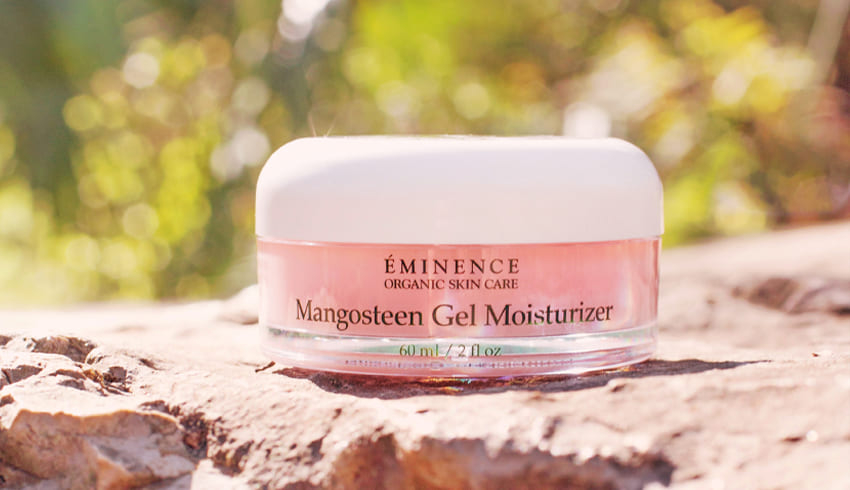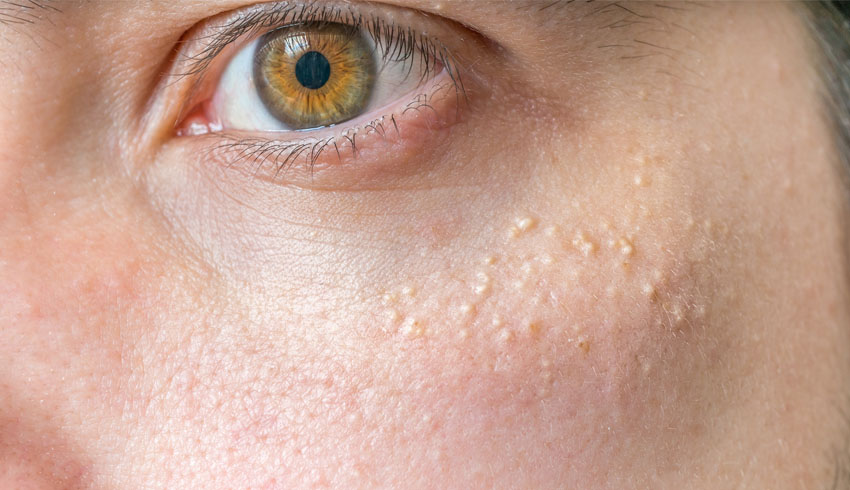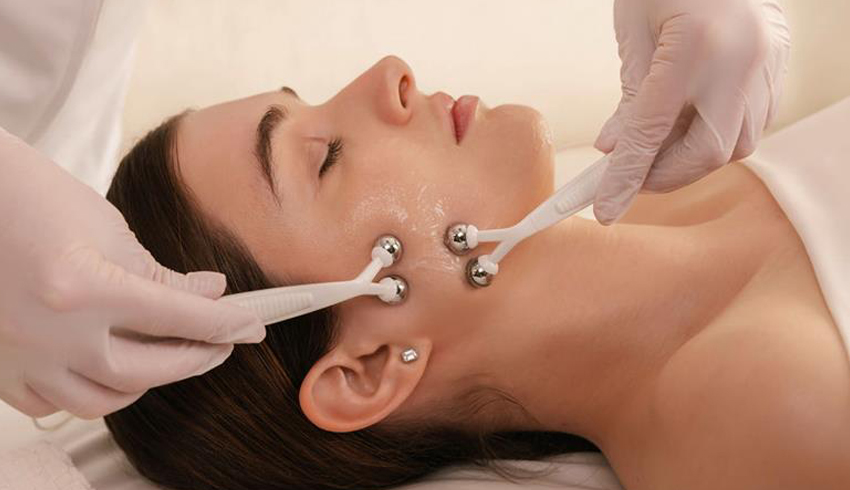
Pop quiz: What are the two most common ingredients in a good moisturizer? Water and oil. Traditional moisturizers often feel too heavy, especially for those with oily or combination skin. Facial gel moisturizers, however, offer a lighter, more refreshing alternative, providing hydration without greasy residue. If your current moisturizer leaves your skin feeling oily or causes breakouts, a facial gel moisturizer might be the perfect solution.
Skin 101
The topmost layer of our skin, called the stratum corneum, needs to be made up of at least 10% water to look and feel healthy — though 20-30% is ideal. But water, as we know, evaporates easily. That’s where other ingredients like emollients, humectants and occlusives come in. Often made from oil, these ingredients act as a barrier or sealant to lock moisture in the cells to stop water from evaporating. And a well-moisturized stratum corneum can soak up to six times its weight in water, nicely plumping the skin. Water also interacts with enzymes to help skin shed dead cells in an orderly way. Without water, dead cells pile up on the skin, making it red, chapped and rough. Skin that’s not properly moisturized can develop cracks and become itchy, scaly and even painful. So, moisturizing is a must after your daily skin cleansing routine, but how do you know which kind best suits your skin type? Let’s break it down into two categories of moisturizers — gels and creams — and weigh their pros and cons.
What Are Gel Moisturizers?
Facial gel moisturizers are lightweight and water-based (and sometimes oil-free … more on that later). They make a nice, smooth base for makeup and feel cool and refreshing when applied to the skin. Absorbent with a non-greasy texture, gel moisturizers are perfect for oily or combination complexions that don’t necessarily need any more oil added topically. If your skin is prone to dehydration, the humectant properties of gel moisturizers make them ideal — they draw water from the surrounding air as well as pulling moisture from deeper down in the skin itself, aka the dermis layer.
What Are Cream Moisturizers?
Thick and oil-based in composition, creams are intensely hydrating and seal in moisture better and with longer-lasting effect than gels. They can leave oil residue, which is not ideal if your skin already skews oily. Creams are often also enhanced with emollient ingredients like shea butter and coconut oil, which soothes and softens rough, dry skin. This can be especially important if you live in a place with long, cold winters
What’s The Right Moisturizer For Your Skin Type?
Dry Skin
If you have parched skin, oil-free facial gels are probably not your best bet. As mentioned above, they don’t form as effective a barrier to moisture loss as creams do. Look instead for nourishing creams with luxurious emollients, like shea butter, that make your skin feel smoother. A good option for daytime is the Lilikoi Daily Defense Moisturizer SPF 40. Formulated with larch tree, a moisturizing ingredient that shields skin from dehydration and antioxidant-rich lilikoi seed oil, this SPF and moisturizer combo protects and improves the appearance of dry skin in one step.
Another great product for dry skin is the Coconut Age Corrective Moisturizer, which uses coconut water, coconut oil and shea butter to add moisture. A customer, Diana, reviewed it on the website saying: “The coconut moisturizer is amazing … my skin looks great and the fine lines are really hard to see. Love, love, love this product line.”
Oily Skin
While cream moisturizers are perfect for dry skin, they aren’t necessarily the best pick for oilier complexions. Light facial gel moisturizers are better options for skin that is on the oily side, and a good all-over choice is the Strawberry Rhubarb Hyaluronic Hydrator.
This vegan gel-cream contains Botanical Hyaluronic Acid Complex, a blend of hyaluronic acid and marshmallow root that intensely hydrates and preserves moisture in the skin. This formula is also made with plant sugars that optimize the skin’s moisture reserve. Another gel moisturizer to try is the dewy, lightweight Mangosteen Gel Moisturizer. It melts into your skin, imbuing it with ingredients like mangosteen fruit extract and pore-minimizing red clover flower extract. Mangosteen is an antioxidant-rich superfruit that helps the appearance of skin and minimizes the look of environmental stress. Red clover flower extract refines and improves skin tone to minimize the look of pores. This gel also contains ribose (from corn seeds) to promote the appearance of smoother and revitalized skin.
Product Picks
Combination Skin
One strategy is to opt for gel moisturizers on the oily parts of the face and cream moisturizers for dry patches. But if spot treating different areas on the face seems a little high-maintenance, the Bakuchiol + Niacinamide Moisturizer is a good choice for combination complexions and aging skin. Besides bakuchiol, a natural alternative to retinol, this moisturizer contains niacinamide, which supports the skin barrier, and panthenol, which hydrates and prevents moisture loss. Happy customer, Emily B., says in a review on our website: “I feel hydrated and glowy all day AND the consistency is lovely under makeup … I’ve been getting compliments on my skin all week!”
Sensitive Skin
Cream moisturizers with gentle formulations and minimal fragrance should be your go-to if you have sensitive skin. The Apricot Calendula Nourishing Cream contains apricot, which replenishes the skin’s barrier, while flax seed moisturizes, hydrates and lubricates. Revitalizing Echinacea Recovery Cream is another good option for sensitive skin types. It moisturizes with replenishing yarrow herb and evening primrose oil. Or try Calm Skin Chamomile Moisturizer, which is formulated with calendula oil and grape leaf extract, plus shea butter that improves the skin’s barrier and protective sunflower oil, chamomile and arnica.
Product Picks
Normal Skin
If you don’t have problematic skin, then choose a gel or cream that suits your skin’s other needs. You might want a moisturizer with age-defying ingredients that plump, firm or heal your skin like the Coconut Age Corrective Moisturizer. For the nighttime, the Stone Crop Whip Moisturizer will provide deep hydration and nourishment. Don't forget, you can always choose more than one moisturizer, customizing your ritual to your skin's changing needs moment by moment.
The most important thing is that you moisturize and that you use a product that fits your skin's profile. Remember this general rule of thumb: light-as-air gel moisturizers for oily complexions and nourishing, hydrating cream moisturizers for dry. Interested in finding out more? Visit your nearest Eminence Organics Spa Partner to help choose the best products for your skin.





.jpg)

